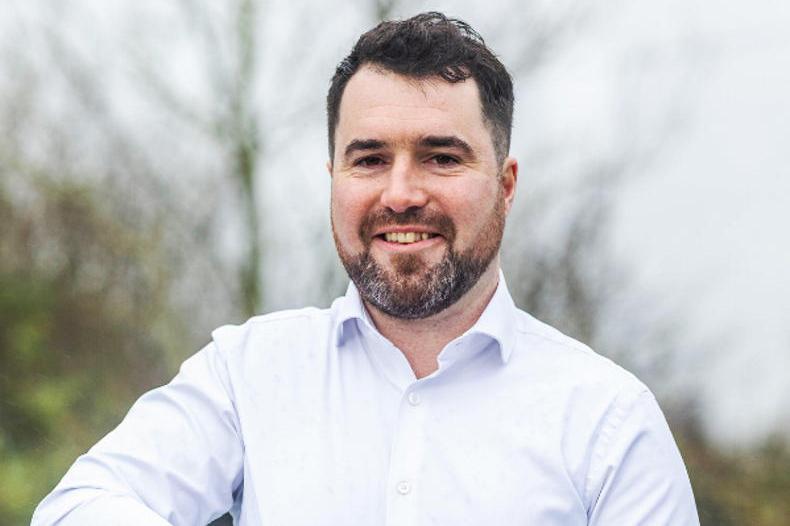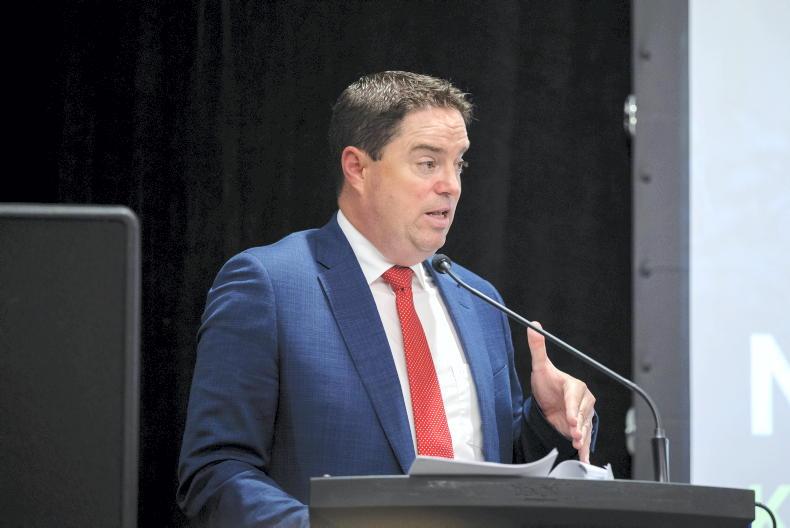Last week, I was delighted to be asked to chair the second in a series of joint meetings held by Bank of Ireland and Ifac, the farm accountancy body. The form of the Enniscorthy meeting was broadly similar to the one in Nenagh, with good financial and tax advice. However, I was totally unprepared for the contribution from one of the panellists, a senior botanist in Trinity College Dublin. Brian Murphy held the large attendance spellbound, as he described how he had isolated out bacteria that grow on wild cereal varieties and apparently give them protection against a range of fungal diseases; as well as increasing efficiency of nitrogen fertiliser use. The bacteria can be multiplied relatively easily, incorporated into a solution and then applied as a seed dressing.
With the continuous tightening up of the active ingredients available to grain growers, this type of research is clearly important. However, it has now gone well beyond the preliminary research stage. Extensive field trials have been carried out by one of the largest cereal seed assemblers and suppliers in the country. As well as that, one of the largest input suppliers into the tillage sector internationally has also carried out significant field trials over the last few years, also with extremely positive results. These are fundamental developments with enormous potential for the tillage sector. It is understood that this type of development will not meet the same regulatory or legal problems as faced by both GM and new agrochemicals.
The promoters hope to have the product commercialised during 2021. This development is not by any means the first breakthrough that a Trinity-based startup has achieved. Identigen, the company that genetically assures the provenance of all the beef produced in Switzerland, and much of the beef produced in Canada, also grew from research and technology developed in the university.
There is also the extra dimension of the university having the capacity to protect the intellectual capital of any discovery, as well as the processes that can help an idea grow into a successful commercial business.
At the meeting it was worthwhile to hear from Wexford farmer Gerald Dunne on his dairy robotic experiences and IFA livestock chair Angus Woods on his own farming operation.
Last week, I was delighted to be asked to chair the second in a series of joint meetings held by Bank of Ireland and Ifac, the farm accountancy body. The form of the Enniscorthy meeting was broadly similar to the one in Nenagh, with good financial and tax advice. However, I was totally unprepared for the contribution from one of the panellists, a senior botanist in Trinity College Dublin. Brian Murphy held the large attendance spellbound, as he described how he had isolated out bacteria that grow on wild cereal varieties and apparently give them protection against a range of fungal diseases; as well as increasing efficiency of nitrogen fertiliser use. The bacteria can be multiplied relatively easily, incorporated into a solution and then applied as a seed dressing.
With the continuous tightening up of the active ingredients available to grain growers, this type of research is clearly important. However, it has now gone well beyond the preliminary research stage. Extensive field trials have been carried out by one of the largest cereal seed assemblers and suppliers in the country. As well as that, one of the largest input suppliers into the tillage sector internationally has also carried out significant field trials over the last few years, also with extremely positive results. These are fundamental developments with enormous potential for the tillage sector. It is understood that this type of development will not meet the same regulatory or legal problems as faced by both GM and new agrochemicals.
The promoters hope to have the product commercialised during 2021. This development is not by any means the first breakthrough that a Trinity-based startup has achieved. Identigen, the company that genetically assures the provenance of all the beef produced in Switzerland, and much of the beef produced in Canada, also grew from research and technology developed in the university.
There is also the extra dimension of the university having the capacity to protect the intellectual capital of any discovery, as well as the processes that can help an idea grow into a successful commercial business.
At the meeting it was worthwhile to hear from Wexford farmer Gerald Dunne on his dairy robotic experiences and IFA livestock chair Angus Woods on his own farming operation.









SHARING OPTIONS